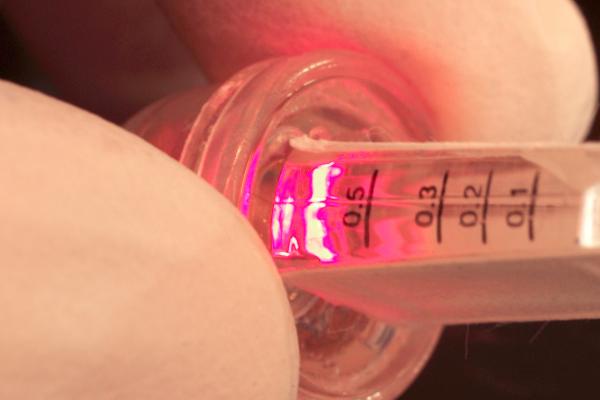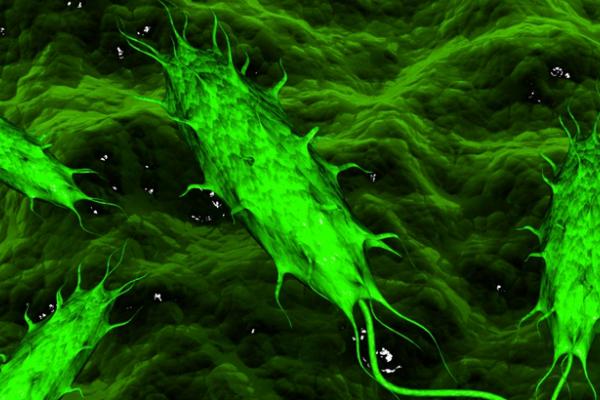Building with biology
Could machines, technologies and devices made with micro-organisms and bacterial cells soon be a part of our daily lives? Will modified cells be a part of the medical treatments we take, the food we eat, the fuels we use?
November’s issue of Horizon takes a look at the cutting-edge technologies known as synthetic biology which are bringing together engineering and biology to create completely new systems and innovations.
We hear how bacteria can be turned into electricity-generating cells and even change how we take our medicines.
In this issue, we speak to researchers who are using synthetic biology to augment our bodily systems by, for example, adapting cells so that they release hormones that make us feel full when they sense too much fat in our blood.
Brain patterns that you are not even aware of could trigger the release of drugs to treat epilepsy or pain as a result of technology which is already in development.
Many of the drugs we use today originate from the healing properties of medicinal plants, now researchers are augmenting plants so that they can serve as natural factories for the world’s drugs and chemicals.
Many of the drugs we use today originate from the healing properties of medicinal plants. Now researchers are augmenting plants so that they can serve as natural factories for the world’s drugs and chemicals.
Microbes that produce electricity by feeding on waste could be available within a decade, thanks to cutting-edge technology which is able to adapt the way that organisms function.
Weekly news alert
The best Horizon stories, delivered to your inbox
Subscribe now




